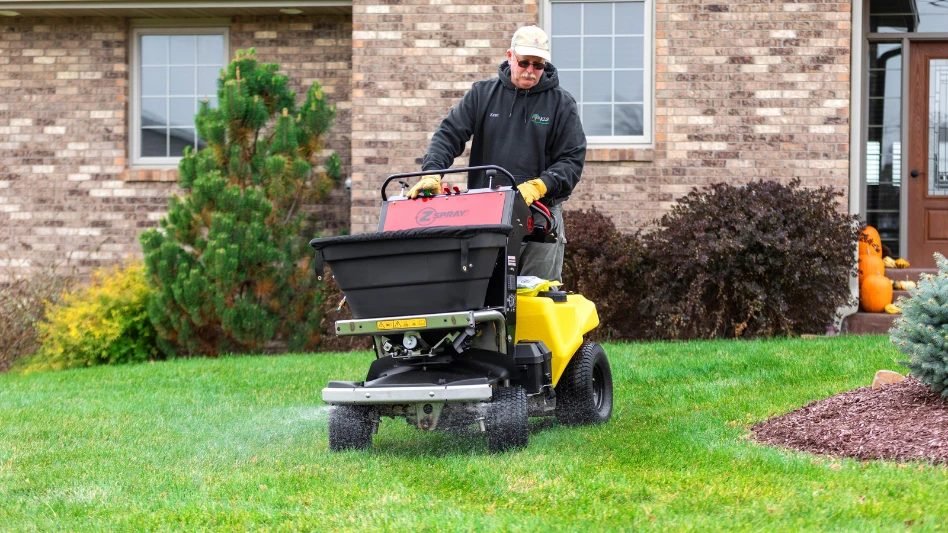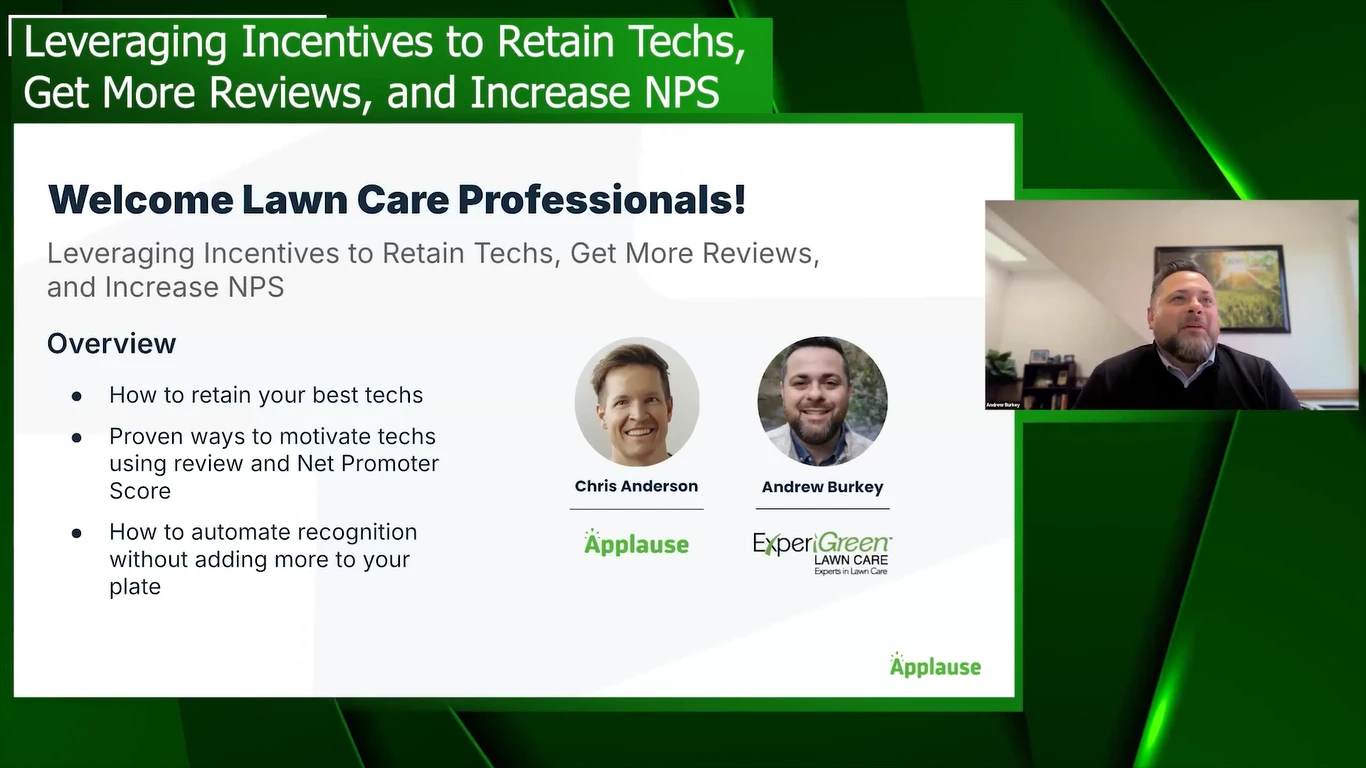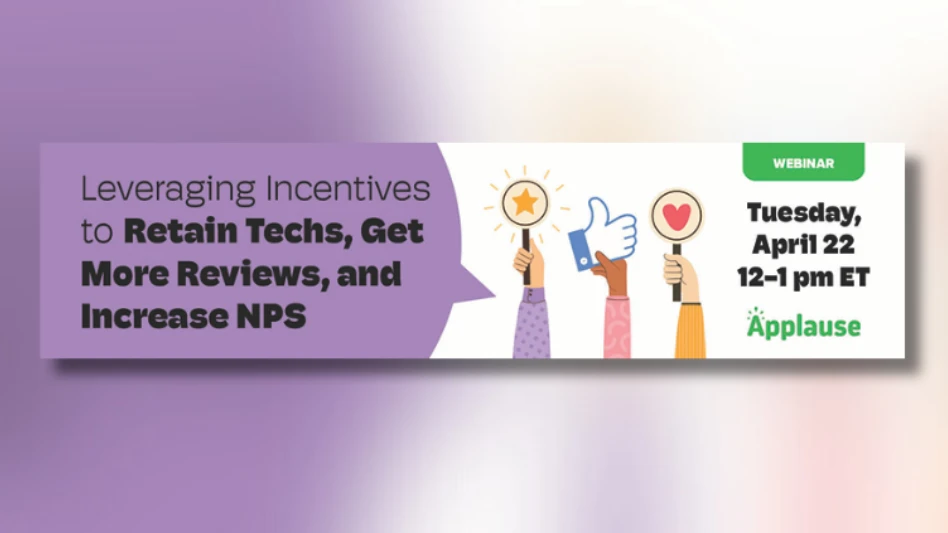 Randy Tuma recently purchased a new compact track loader for his company, Tuma Lawn Service and Landscaping. In fact, he has owned – not rented – loaders continuously since buying his first one in 1991.
Randy Tuma recently purchased a new compact track loader for his company, Tuma Lawn Service and Landscaping. In fact, he has owned – not rented – loaders continuously since buying his first one in 1991.
“I’m a big believer in owning,” says Tuma, who also owns an older compact track loader and a mini excavator, in addition to three skid-steer loaders and a fleet of 28 trucks. “I hate paying rent because that money is gone and I don’t have anything to show for it besides the work that it did. When I buy something, I own it. There’s value in that.”
Of course, several factors converge to determine that value. Ultimately, consistency of use is the clincher for landscaping contractors when deciding whether to rent or buy compact track loaders and mini excavators.
“It depends on what types of jobs you’re doing and how you’re going to use the machine,” says Tuma, who relies on compact equipment for nearly all of his jobs. “If you’re only using the machine one day a week, then maybe rental is the better way to go. But if you’re using it all week, sit down and figure out how much rental you’re going to pay in a year, and see what you can buy with that same rental money.”
Last year, for example, Landart Solutions in Fayetteville, N.C., spent more than $25,000 renting compact equipment, which was enough to prompt vice president Matt Horn to rethink renting. “As long as we can justify that we have enough work to sustain payments on those machines, it’s worth buying,” says Horn, who owns two compact track loaders and rents mini excavators four to six times per year. “A rental company told me one time, ‘If you can rent a machine for nine months, you probably need to look at buying.’ But if you don’t have enough work past the nine months, then I would still consider renting.”
Know the numbers.
Darren Poulsen, president of Prosecutive Landscaping in Salt Lake City, looks ahead even further than nine months before investing in equipment. He suggests contractors evaluate their portfolios and market projections for a few years before committing to the expense.
For example, a landscape maintenance contractor who performs services such as shrubbery removal infrequently might be better off renting equipment on a project-by-project basis. Landscape contractors with regular installation jobs, however, can probably keep equipment busy enough to warrant purchasing, Poulsen says.
“You’d have to be able to consistently use it two or three weeks a month to decide to buy it,” Poulsen says. “But I’d track more than just a two-month period. I would watch it for a year and see how much you paid to rent, and if you’d use it a similar amount of time the next year and the year beyond that, then it would make sense to purchase it.”
Even though the monthly rental fee may be double a monthly payment, you can stop paying rent when work slows. For that reason, Poulsen would rather rack up rental fees for a couple years until he’s certain that installation work will hold steady. During the recession, he rented equipment for two years because he couldn’t guarantee the market would stabilize enough to validate the expense the next year.
“I’ve seen a lot of landscapers go broke buying too much iron that doesn’t get utilized,” he says. “If it can’t constantly be on a project working, I don’t want to be stuck with that payment.”
Plus, you have to factor in maintenance when you own equipment, in addition to the downtime of machines sitting in the shop – especially if equipment goes out of commission during a busy season. Tuma minimizes that obstacle by employing a mechanic on staff, which makes sense for larger fleets.
Point A to point B.
Also consider whether you have sufficient transportation to haul compact track loaders and mini excavators from your shop to the jobsite. Whereas rental companies deliver, ownership requires fleets with the weight capacity and proper licensing for heavy loads. Compact equipment can weigh 8,000-10,000 pounds, so half-ton trucks won’t cut it. Prosecutive moves equipment with a one-ton or three-quarter ton dually trailer.
A tool for every job.
If you can bank on a consistent workload, compact track loaders and mini excavators are versatile enough to prove their worth – even for projects you wouldn’t typically consider for rentals. In addition to obvious jobs, like moving pallets of stone for hardscaping, compact machines can handle everything from grading lawns and spreading fertilizer to trenching irrigation systems and hauling brush – especially in tight, awkward spaces where average machines can’t squeeze.
Sponsored Content
A Secret Weapon for Growing Your Lawn Care Business
Retargeting ads allow you to re-engage visitors who leave your lawn care website without converting, helping you stay top-of-mind and increase leads. This article explains how retargeting works, why it’s effective, and how to implement it for your business.
Complete Online Marketing Solutions“You find 1,001 things to do with them when you have them,” Tuma says. “The flexibility (owning) gives you is great, because when I need one, I’ve got it. You operate on your schedule and not the rental shop’s schedule, so you’re not rushing to return the machine.
“I tell my project managers to take a track loader any chance they get, just to lessen the chance of somebody getting hurt. It makes things go faster and a lot safer.”
Compact equipment also helps improve productivity. For example, planting a 4-inch caliper tree might be back-breaking manual labor, but the price of the project might not justify the cost of a half-day rental.
“The guy would be whooped by the end of the day,” Tuma says. “He might not be thrilled to come to work the next day because his back is so sore. Now, if I put him in a Bobcat, it probably took him one-tenth of the time, and he got way more done than he would have by hand. Productivity is up, everybody’s happier and no one’s hurting.”
Get curated news on YOUR industry.
Enter your email to receive our newsletters.
Explore the May 2014 Issue
Check out more from this issue and find your next story to read.
Latest from Lawn & Landscape
- PERC helps debut propane direct-injection fuel system at ACT Expo 2025
- Retargeting Ads – A Secret Weapon for Growing Your Lawn Care Business
- Leading a growing company
- Project EverGreen launches Clean Air Calculator
- Rain Bird acquires smart lawn care company OtO from Toronto
- PBI-Gordon names Marvin as VP of research and development
- Mean Green rolls out Vanquish Autonomous mower
- Focal Pointe launches new podcast series






